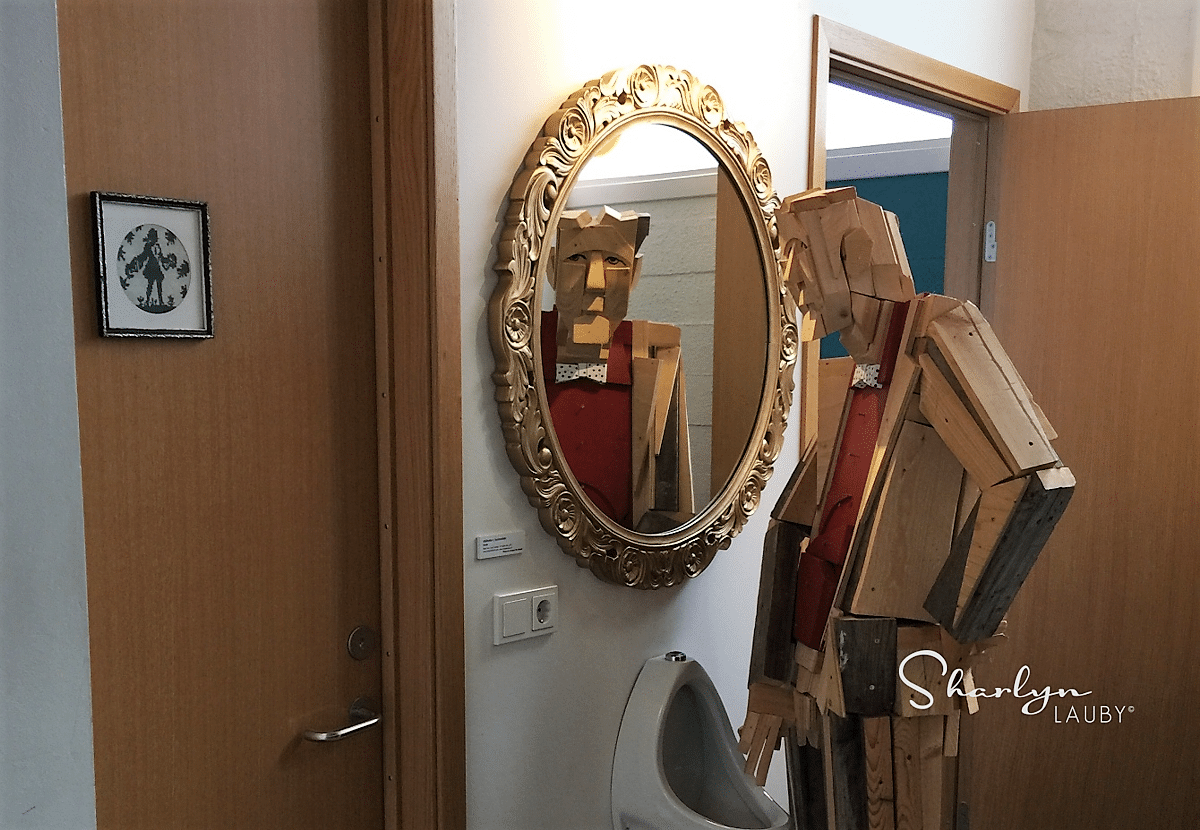The Culture Series [Part 2] – Using Trust and Emotional Intelligence to Establish Your Cultural Identity
In the first article in this series, we talked about the need for organizations to be inclusive. The place to start is by examining the organization’s cultural identity. Companies need to build and maintain cultures that embrace the competencies that will allow inclusiveness. There are four key competencies to developing an inclusionary cultural identity. We’re going to cover the first two in this article: trust and emotional intelligence.
Cultural Identity Competency #1 – Trust
Let’s face it. Without trust, nothing much matters. Trust is the foundation of relationships. In Stephen Covey’s “The Speed of Trust”, the concept of trust is examined on five levels.
- Self-trust, which can be defined as our credibility
- Relationship trust, meaning our behavior with others
- Organizational trust ensures that structures and systems are aligned with culture and beliefs
- Market trust is the reputation of the business
- Societal trust is demonstrating our intention to give back to the community
The goal of any employee, not just managers, is to establish trust. There are many ways that individuals can establish trust in the workplace. The primary ones focus on honesty and credibility. Being a person who “walks the talk” can be seen as trustworthy.
Mark King, chief diversity and inclusion officer at Kellogg Company, said “There is no question that seeking out diversity of thought, background, experience and perspective, coupled with having an inclusive environment where those differences are seen as assets, helps give us a competitive advantage.”
The only way those different and sometimes conflicted thoughts will come to the surface is within a culture of trust. People who do not trust each other will not allow themselves to become vulnerable by expressing another point-of-view. Trust is the glue that holds our connections with others together.
Competency #2 – Emotional Intelligence (EI)
We were introduced to the term emotional intelligence back in 1995 by Dr. Daniel Goleman. In his book by the same name, Goleman shares that leaders are distinguished by their degree of emotional intelligence which includes five components.
- Self-awareness is the ability to recognize and understand one’s moods and emotions as well as their effect on others
- Self-regulation is the capacity to control one’s disruptive tendencies (aka to think before acting)
- Motivation is the drive to pursue our goals
- Empathy is the ability to understand the emotions of other people and treat them accordingly
- Social skill is our effectiveness in finding a common ground and building rapport with others
Research by the Center for Creative Leadership suggests that the primary causes for derailment in professional careers involves weaknesses in emotional intelligence, specifically in the areas of handling change, working in teams, and poor interpersonal relations.
For businesses to be successful, they must be able to understand each other and their consumers. Don Knauss, chairman of Clorox Company, says making connections is essential. “The business case has been demonstrated quite thoroughly. When you’ve got over one-third of this country as people of color, a diverse workforce benefits in terms of connection and creativity. Regardless of the group, it’s hard to form a brand relationship unless you have people that come from those cultures and ethnicities that can connect.” Emotional intelligence creates connections.
Organizations and individuals need to address all of these competencies when developing their cultural identity. If you want to start this conversation in your organization, I’ve put together a downloadable one-pager that you can use as a starting guide. Now’s the time to make sure the conversation about cultural identity is raised to the surface.
Stay tuned for the next article, when we’ll talk about the other two competencies needed to establish cultural identity: leadership and agility.
Image captured by Sharlyn Lauby after speaking at the Flora Icelandic HR Management Conference in Reykjavik, Iceland
16